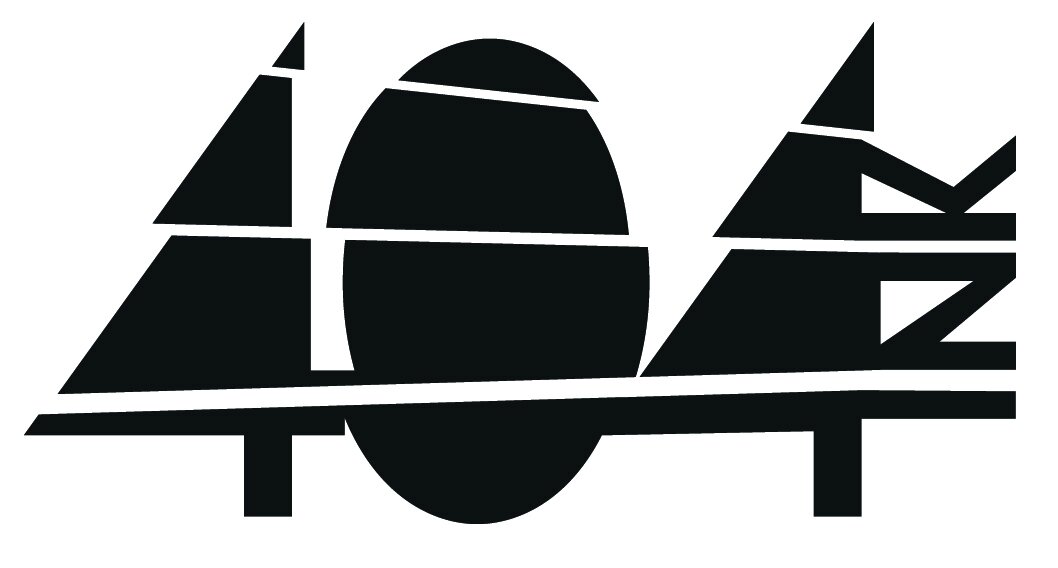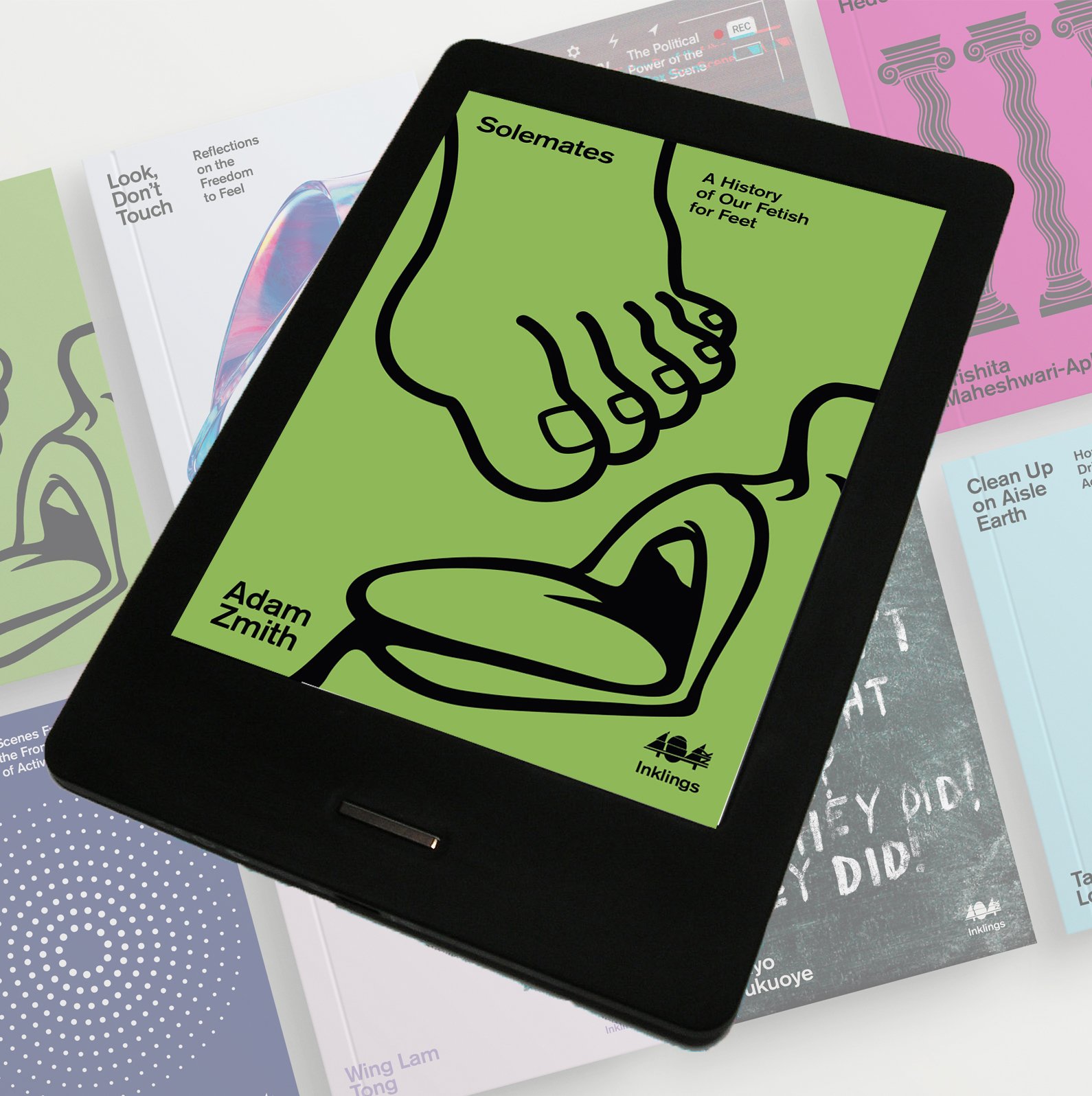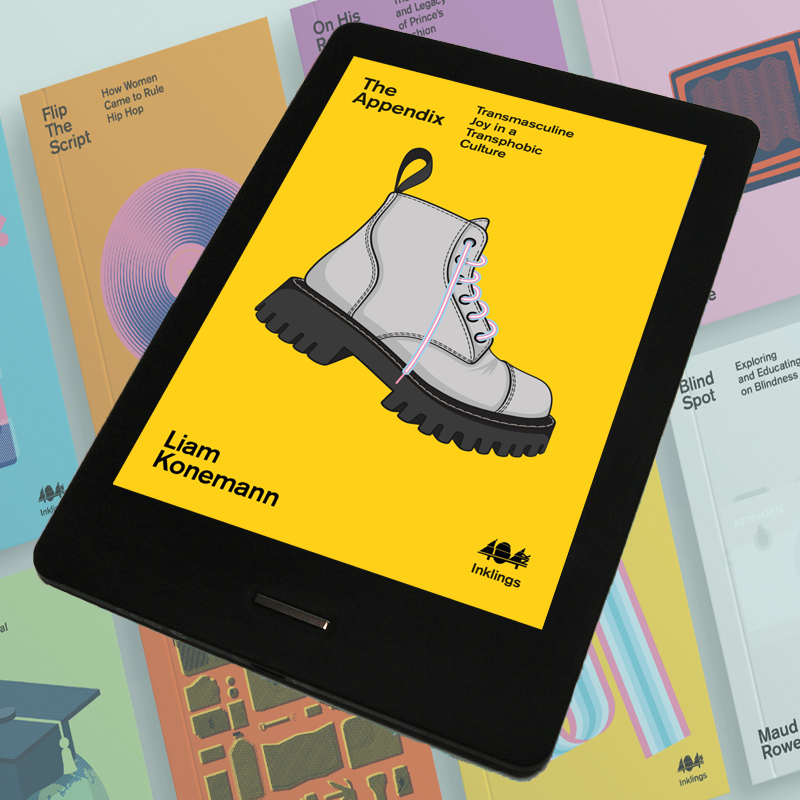Instructions for using your 404 Ink ebooks:
1) You will need to download your purchased ebook in the zipped folder to a desktop computer and extract the ebooks. You cannot open a zipped folder on your mobile to immediately access the ebook.
2) Your purchase includes a PDF, a .mobi (this is the Kindle version) and a .epub (for any e-reader device that isn't a Kindle). Once you have identified which file is best for your use, you will need to manually upload the relevant file to your device. For Kindle, attach the file to an email, send it to your Kindle's email address (with any subject, and nothing in the body of the email), and it should appear on your Kindle shortly. You can also drag and drop the file onto your Kindle if you attach the device to your PC with a USB cable. You can manually add an .epub to your device also via cable or through emailing it to an address accessible via your device to download from there.
3) You should now be able to enjoy your ebook. We know this isn’t the most user-friendly way to use our ebooks and we hope to find a better solution soon. They are also available on Amazon and Kobo - searching the title on your chosen store should bring up the book for purchase for you.








